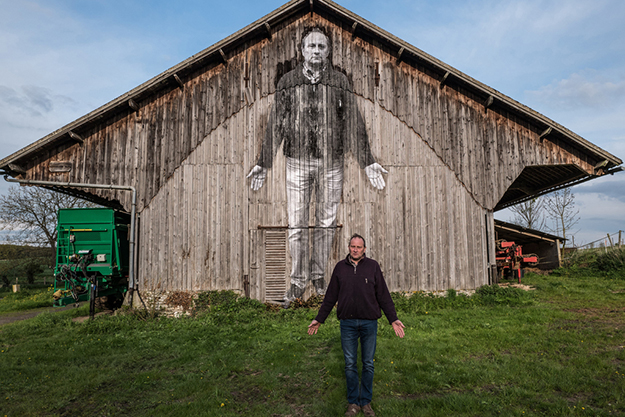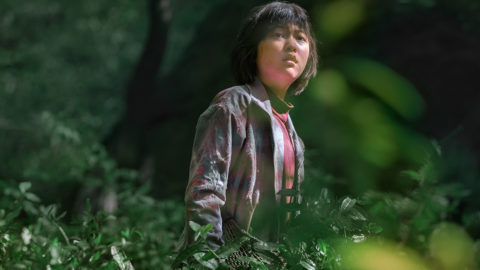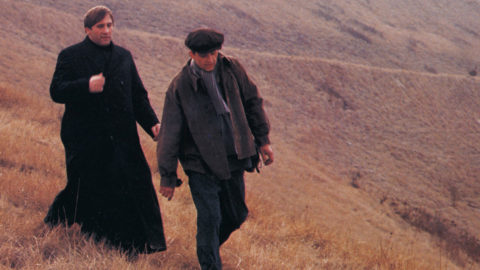Cannes Brief: Varda & Denis

Visages Villages
Yes, this year there are more films at Cannes by directors who do not identify as male, most notably in the Competition, which in the past has been ludicrously blind in this area. Still, of the five or six compelling films I’ve seen in the first four days, two were by major French directors, Agnès Varda and Claire Denis, who happen to be women, and neither was in competition. Denis’s Un Beau soleil intérieur opened the Directors’ Fortnight and was immediately acquired by Sundance Selects, which may or may not be responsible for its inappropriate, box-office-killing English-language title, Let the Sunshine In. But I shouldn’t complain: at least it will have a theatrical release in the U.S. What I’ll refer to, for the moment, as the Denis movie, stars Juliette Binoche (in her most subtle performance in years) as a painter of a certain age, whose midlife crisis takes the form of a search for true love, so determined that it scares off all prospects in her social milieu, which is defined by commitment phobia, and not just in matters of sex and romance. I don’t want to weigh down a delicate comedy of manners by comparing it to the greatest French film of all time, Jean Renoir’s The Rules of the Game, but there are parallels. Denis’s focus is narrower, but like Renoir, she depicts a society whose every action is a denial of the looming threat to its very existence. In the Renoir, the unacknowledged specter is World War II. In the Denis, well, take your pick, but the story I’ve been obsessively checking on my phone is about the irreversible collapse of the Antarctic ice shelf. (That’s what it is like at Cannes this year: see a movie, then check the apocalyptic WaPo and NY Times headlines on your phone. Repeat five times daily.)
Varda received a 10-minute standing ovation in the Grand Théâtre Lumière, where her collaboration with visual artist J.R., Visages Villages (Faces Places), showed out of competition. Varda said she thought it was the best slot for the film (so who am I to argue?), but in her magnificent, groundbreaking, nearly 60-year career, this is one of her most profoundly personal and exuberantly populist works. A tour de France that is both a romp and a meditation on photography, cinema, and mortality, with brief appearances by Mimi, the scene-stealing cat, it is at once poetry and the naked truth, shape-shifting before one’s eyes, and promising ever more pleasure with each viewing.
Amy Taubin is a contributing editor to Film Comment and Artforum.






